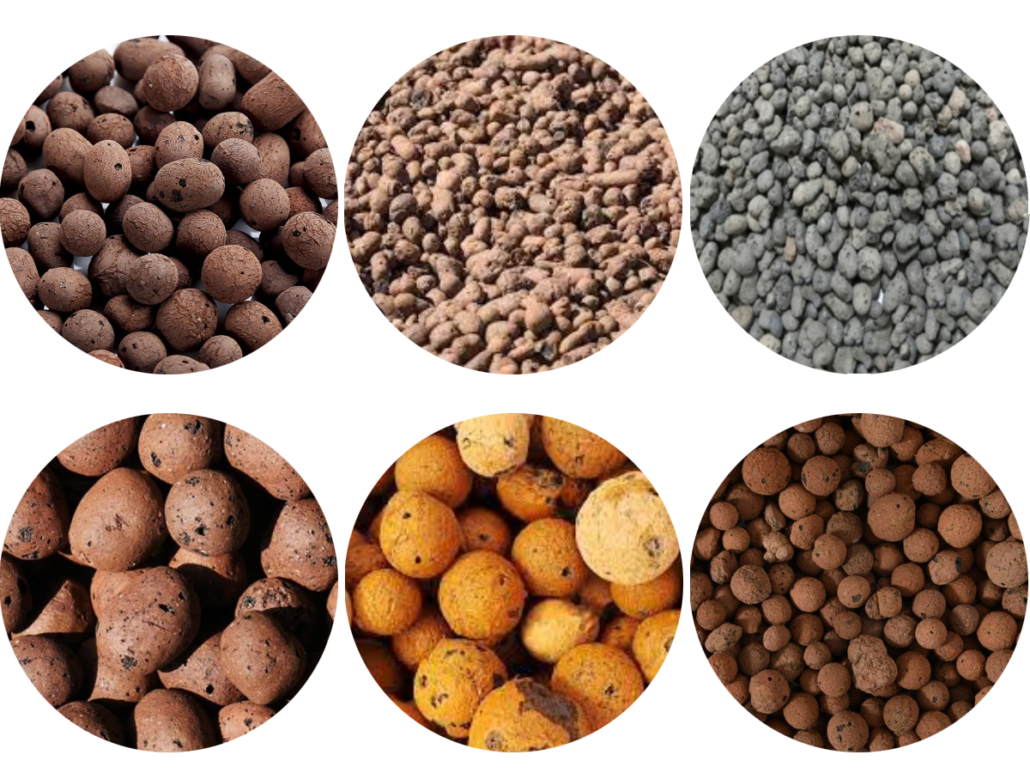Lightweight Expanded Clay Aggregate (LECA) is a specific type of expanded clay aggregate that is designed to be even lighter than standard expanded clay aggregate. LECA is produced by heating natural clay to high temperatures, similar to regular expanded clay, but with some variations in the production process to achieve a higher degree of expansion and thus a lower density.

Here are some key characteristics and uses of Lightweight Expanded Clay Aggregate (LECA):
- Exceptional Lightweight: LECA is extremely lightweight, often having a lower bulk density compared to standard expanded clay aggregate. This characteristic makes it especially suitable for applications where minimizing weight is crucial.
- Horticultural Applications: LECA is widely used in hydroponic and aquaponic systems, just like regular expanded clay aggregate. Its lightweight nature makes it easier to handle in these systems, and it provides the same benefits of excellent water retention and aeration for plant roots.
- Soil Amendment: Gardeners and landscapers use LECA to improve heavy or compacted soils. When mixed into soil, it enhances drainage and aeration, making it a useful additive for container gardening and landscaping.
- Construction: LECA can be used as a lightweight aggregate in construction, similar to expanded clay aggregate. It helps to reduce the overall weight of structures, particularly in applications where weight constraints are essential.
- Insulation: Due to its lightweight and insulating properties, LECA can be used for insulating walls, roofs, and other construction elements.
- Sustainable Material: Like regular expanded clay aggregate, LECA is considered environmentally friendly because it is produced from natural clay and is energy-efficient to manufacture. It can be reused in various applications, contributing to sustainability.
LECA is essentially an enhanced form of expanded clay aggregate, optimized for applications where extreme lightweight properties are essential. Whether it’s used for horticulture, construction, or soil improvement, LECA is valued for its ability to provide excellent water retention, aeration, and drainage while keeping the overall weight of structures and systems to a minimum.





